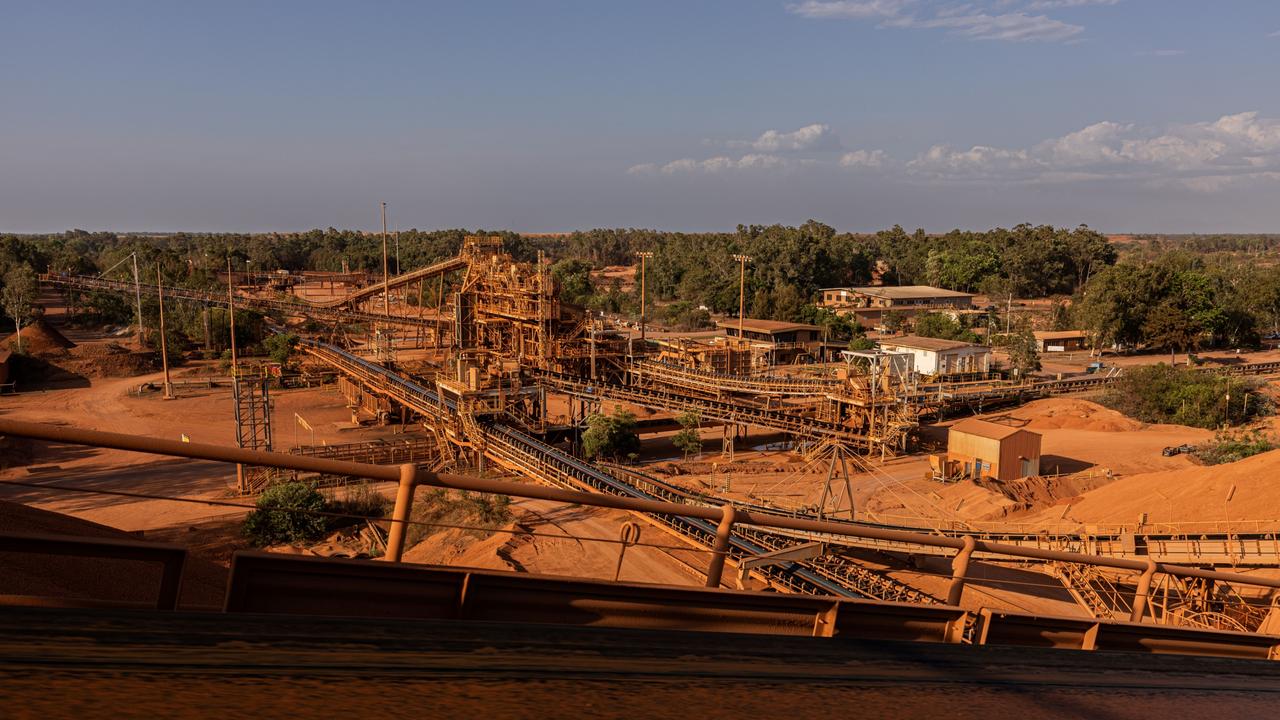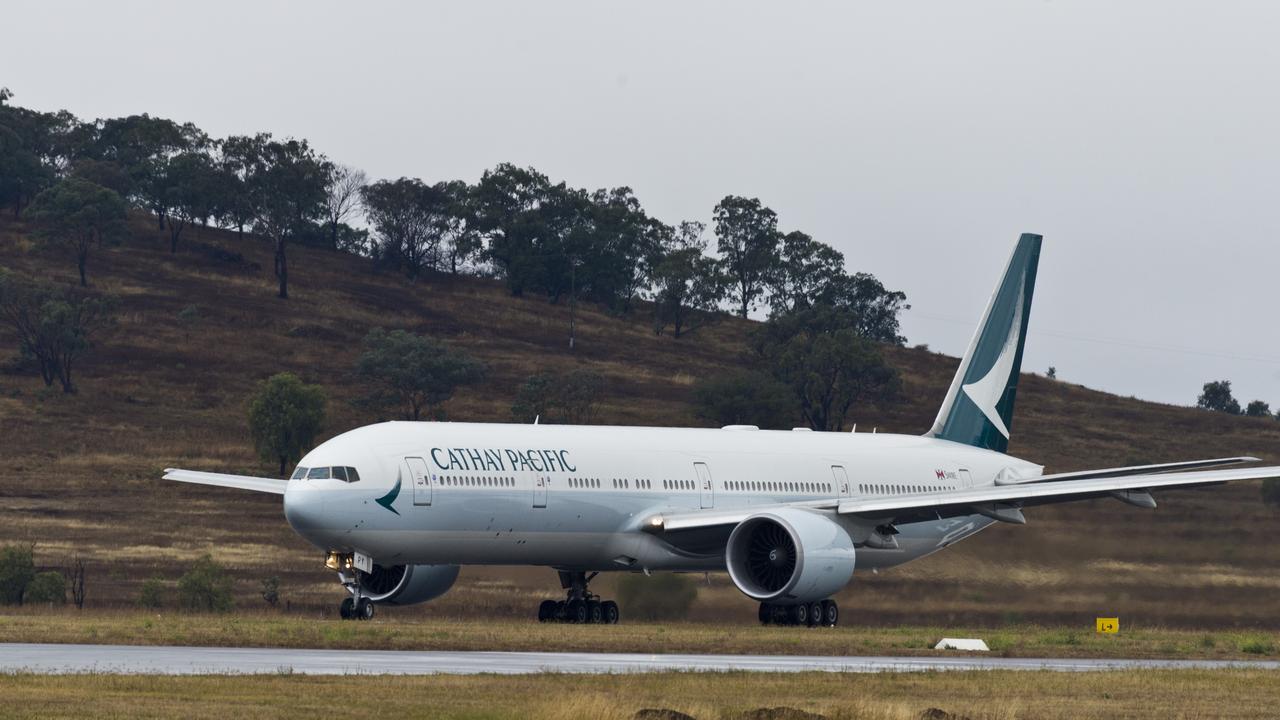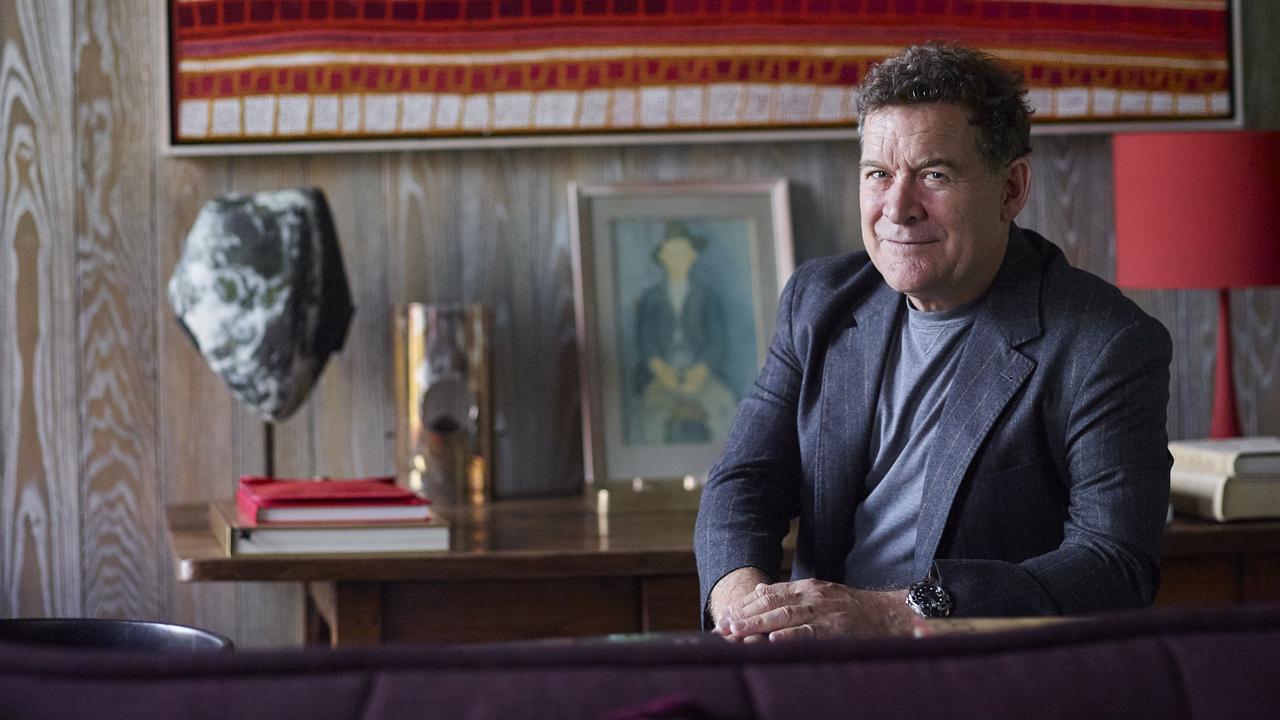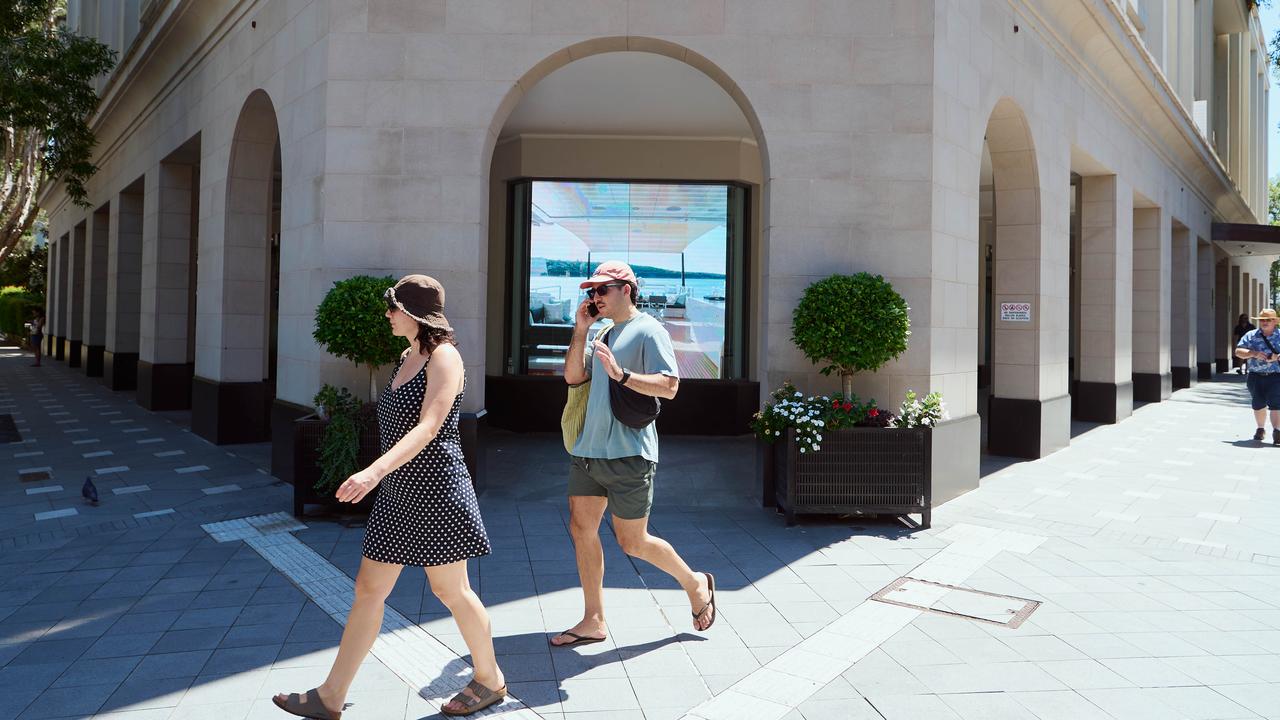Rio Tinto sounds alarm on green laws
In a swipe at moves to rewrite national environmental laws and the consultation process to date, Rio Tinto has called on the Albanese government to embrace ‘different perspectives’ and ‘practical thinking’.

Business
Don't miss out on the headlines from Business. Followed categories will be added to My News.
Rio Tinto has warned the Albanese government against going too green at the expense of the mining industry that provides the backbone of the Australian economy.
The mining giant said the government needed to find the right balance between protecting the environment and the future of mining.
In a swipe at moves to rewrite national environmental laws and the consultation process to date, Rio called on the government to embrace “different perspectives” and “practical thinking”.
Rio cautioned the government that Australia needed a regulatory system that supported and enhanced the contribution of the resources sector.
The Australian revealed on Monday that Rio had opted not to proceed with part of its multi-billion dollar Rhodes Ridge iron ore project in WA because of concerns about a population of ghost bats.
The revelation came with environment minister Tanya Plibersek facing renewed questions over her 11th-hour veto of a NSW gold mine based on disputed Aboriginal heritage claims about a blue banded bee dreaming story.

Rio said it supported reform of green laws as long as any changes reduced complexity and duplication, and increased transparency in approvals to provide investment certainty and efficiency for decision makers and miners.
The company also wants a centralised source of reliable environmental data and information that is transparent and accessible and underpins decision-making, as well as transparent disclosure of project climate emissions.
Rio chief executive, Australia, Kellie Parker, said on Tuesday that environmental reform was complex and evoked deep passion across communities.
“We recognise the seriousness of this issue and its far-reaching implications for Australia’s future. It’s essential that we embrace different perspectives and practical thinking in our approach,” she said.
“Australia needs a policy framework that safeguards the environment while unlocking our industry’s potential to be part of the climate solution.”
Ms Parker said Australia could take a leadership role in responsible access to resources and management of the environmental impacts.
“This isn’t about choosing between environmental protection and economic progress. It’s about crafting effective policies that serve both objectives,” she said.
Ms Parker said Rio, which has worked hard to restore its reputation since the destruction of 46,000-year-old rock shelters at Juukan Gorge in 2020, was committed to meeting rigorous environmental standards.
“At the same time, we need a regulatory system that supports and enhances the contribution the resources sector makes to society,” she said.
“We’re calling for a collaborative approach that brings together diverse perspectives – from environmental experts to traditional owners, community leaders and industry innovators.
“By working together, we can develop policies that attract investment in sustainable projects, create secure, high-quality jobs, while accelerating our progress towards stronger environmental protections and a low-carbon future.”
Senior figures at Rio have been concerned about the consultation process around so-called nature positive laws for most of this year, including a now rejected proposal to impose a 40km/h speed limit on parts of the vast and iron ore rich Pilbara region in WA.
The company started warning in 2023 it will need to ship more low grade iron ore from WA in the next few years, in part because of a blow out in environmental approval timelines.
Meanwhile, Rio is pushing ahead with the Simandou iron ore project in Guinea, expected to start production next year.
And Rio’s near $10bn takeover of Arcadium Lithium represents a big bet on South American brine-based production over hard rock lithium mining in Australia.
Ms Plibersek said on Monday that she was still in talks with the Coalition and the Greens about plans for a national environmental watchdog under so-called nature positive laws.
The government faces an uphill battle to get the laws through the Senate, with Anthony Albanese saying he won’t bow to Greens demand for a climate trigger.
The government remains in talks with miners and other stakeholders about the next leg of changes to the Environment Protection and Biodiversity Conservation Act.
Originally published as Rio Tinto sounds alarm on green laws






